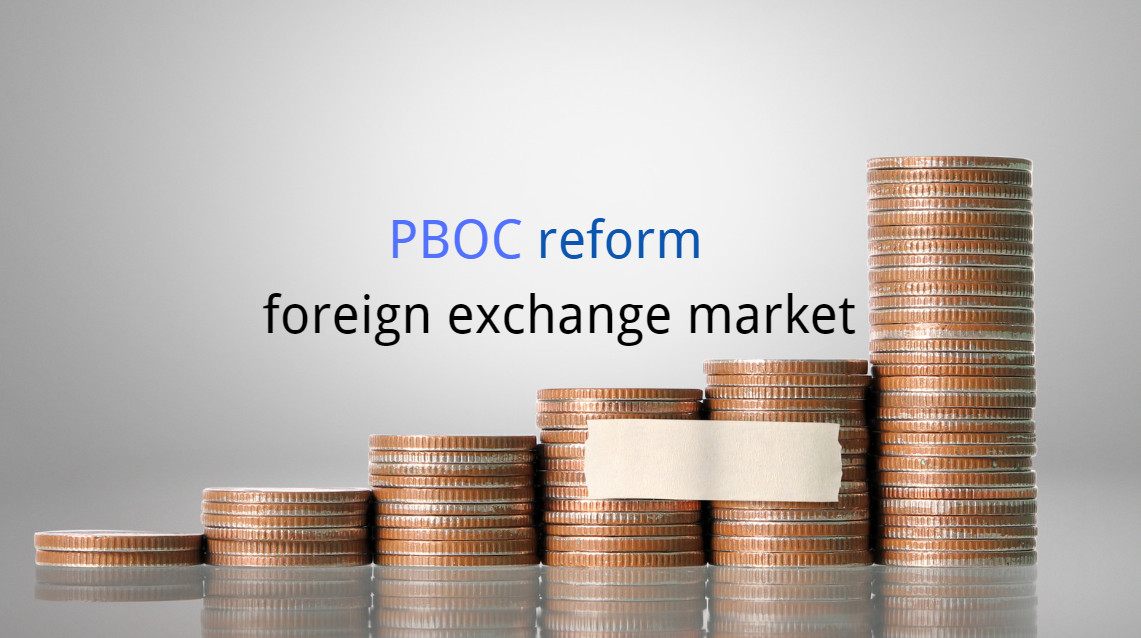Transcript of interview with Governor YI Gang at the HKMA Global Financial Leaders' Investment Summit on November 2nd
Eddie Yue (Hong Kong Monetary Authority Chief Executive): How do you see the recent economic conditions in China?
YI Gang: I should say that the Chinese economy has remained broadly on track, despite some challenges and downward pressure.
The Chinese economy has proved to be quite resilient. In Q3, the GDP grew by 3.9 percent, up by 3.5 percentage points over the second quarter.
The job market remains stable, with the surveyed unemployment rate posting 5.5 percent in September.
Thanks to a bumper grain harvest and stable supply of coal and electricity, inflation remains subdued. The CPI increased by 2.8 percent YoY in September and the PPI increased by only 0.9 percent YoY.
Eddie Yue: COVID obviously has a very profound impact on global economic growth. And against this backdrop, what are your views on China’s economic growth potential?
YI Gang: I expect China’s potential growth rate to remain in a reasonable range. China has a super large market, as there is still much room for urbanization and the demand of middle-class consumers is still on the rise.
Thanks to a large group of engineers and skilled workers, China has built a full-fledged modern industrial system and a high-quality infrastructure network.
What is more, technology innovation in China is also on a good trajectory, and hopefully, the structural reforms will continue to fuel economic growth.
Eddie Yue: In the face of various challenges this year, what is the role of monetary policy in supporting stable economic growth in China?
YI Gang: China’s monetary policy stays accommodative to support the real economy. This year, to better support economic growth, we have calibrated monetary policy so that it would provide ample liquidity and lower financing costs.
In September, broad money M2 grew by over 12%, social financing and new RMB loans both grew by around 11%. Currently, the bank time deposit rate is 1-2%, and bank loans rate is 4-5%. The financial market makes an efficient allocation of resources.
Meanwhile, we try to utilize structural monetary policy tools, providing financial support to key areas such as agriculture, small-and-medium-sized enterprises, as well as green development. Right now, we are also working on supporting investment in capital expenditure and infrastructure, it will show up in Q4 data.
Eddie Yue: How do you see the trend of RMB exchange rate?
YI Gang: We follow a flexible and by-and-large market-determined exchange rate regime with reference to a basket of currencies.
Since the beginning of the year, thanks to the sound long-term fundamentals of China’s economy, the RMB remained relatively stable against a basket of currencies, with some depreciation against the USD, and somewhat appreciation against other major currencies.
In the future, we will keep on with the market-determined exchange rate regime. The RMB exchange rate will continue to remain relatively stable at a reasonable and appropriate level, maintaining its purchasing power and keeping its value stable.
Eddie Yue: In your view, how can China’s financial industry achieve the “institutional opening-up” that was mentioned in the report to the Party Congress?
YI Gang: Reform and open door policy will continue. To expand institutional opening-up, we need to participate in actively international discussion on rules, regulations, and standards setting.
We will continue to improve the “pre-establishment national treatment and negative list” approach.
We will also continue to improve business environment; protect property rights, those of intellectual property in particular; and facilitate investment in financial markets.
Eddie Yue: Let’s now turn to another key area of focus for foreign investors, China’s property market. What measures has the PBOC rolled out to support the property sector and what are your thoughts on the outlook?
YI Gang: China’s housing sector is linked to a lot of upstream and downstream industries. Housing is a local market. The city government plays an essential role in stabilizing housing market in its location.
To support the healthy development of this sector, we have cut mortgage rates, lowered down payments, and encouraged the banks to introduce a special lending program for developers to ensure the timely completion of unfinished housing projects.
Recently, sales and lending of real estate sector have seen marginal improvement. With ongoing urbanization in China, we hope the housing market can achieve a soft landing.
Eddie Yue: How do you envisage Hong Kong’s status as an international financial center and its role as a gateway between Mainland and global financial markets?
YI Gang: Hong Kong is, and will continue to be an important international financial center, connecting the mainland and international markets. In recent years, Hong Kong’s economy and financial system have shown remarkable resilience despite disruptions.
Hong Kong has great potentials in deepening connections with the mainland financial market, financing and investing under the Belt and Road Initiative, FinTech and green finance.
To support Hong Kong’s development, the PBOC will continue to help Hong Kong maintain a law-based, open, inclusive and enabling business environment and enhance its status as an international financial center.



















































First, please LoginComment After ~